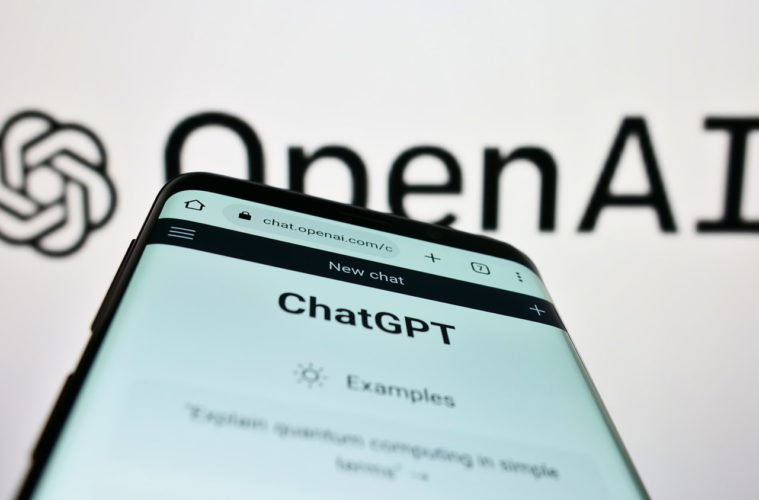Chatbots aren’t new to the scene. They’ve been here pretty much our whole lives, so what is ChatGPT, and how is it any different from all the other generic chatbots online? According to OpenAI, the brains behind the raved chatbot, ChatGPT is basically an AI that’s capable of whipping up human-like responses to whatever type of conversation a person wishes to have with it. Aside from that, apparently, people can even use the chatbot to create malware and spread false information. A lot of nasty things can come from something as intelligent as this human-like chatbot; is this perhaps something we should be concerned about?
What is ChatGPT?
In December of last year, OpenAI, a startup artificial intelligence company based in San Francisco, created a chatbot. This isn’t just any chatbot like the ones we frequently encounter when browsing the internet; this chatbot has humanoid-like responses. The chatbot is called ChatGPT, and it’s able to carry out complex conversations with humans.
The reason why the chatbot is capable of doing such things is because it’s trained using RLHF, also known as reinforcement learning from human feedback. RLHF involves human AI trainers, and in turn, it’s able to generate responses to text inputs made by users.
Is ChatGPT actually good for us, or would it make us lazier people?
ChatGPT has its own set of pros and cons as well; honestly, it all depends on how a person would perceive and use this terrifyingly intelligent chatbot. In terms of having a negative impact, Jacob Greene, an assistant professor of English at Arizona State University, has voiced his opinion with the much fussed chatbot.
He says that having a chatbot run by some pretty impressive artificial intelligence that’s being used for questionable things that cross the boundaries of ethics isn’t anything new. He proceeds to link ChatGPT with Google, both of which truly are similar in providing users with the answers to questions they’re asking.
In essence, since Greene belongs in a school setting, the problem of using ChatGPT is focused on the student demographic. He acknowledges that, due to laziness, students will use this chatbot to generate their homework for them. Aside from that, Greene has come to the conclusion that since an AI is producing lifeless but stylistically accurate paperwork, writing will somehow lose its soul.
Aside from being a threat to the educational system, other downsides to ChatGPT include fabricating facts and spreading misinformation. Since AI can whip up professionally-sounding responses, people can use this to their advantage to manipulate those who aren’t keen on differentiating fact from lie.
But do take note that ChatGPT isn’t some god that can make whatever it’s told to create—it has its own set of limitations. For instance, Greene experimented with the chatbot and asked ChatGPT to create a negative review of a dog grooming business; to his surprise, the chatbot refused.
To an extent, ChatGPT has a bit of an ethical safeguard, although it’s not that big of a deal.
If you’re looking for signs that would indicate ChatGPT is a great invention in our time, then probably it’s the answers it provides to questions. You’re probably telling yourself, “Google already exists, so what makes ChatGPT any different?”
What is the difference between the much-loved Google Search and ChatGPT?
Google Search gives users answers by displaying a snippet that directly responds to the user’s query. While ChatGPT doesn’t have any snippets to offer users, it does a pretty good job at providing people with easy-to-understand and detailed answers.
So the only thing similar between the two is that they both provide answers. Pretty straightforward. So what differs between them is the quality of the answers they provide to users.
PetaPixel has a great in-depth comparison of the answers provided by both Google Search and ChatGPT; feel free to get a read on it to better understand this topic.
Can ChatGPT affect Google Search?
In a way, ChatGPT can affect Google Search. Some may think it’s not possible, but did we ever foresee the time when Yahoo would be completely pulverized by Google? So nothing’s impossible at this point. In the long run, people may, perhaps, prefer ChatGPT to Google Search.
Then there’s the probability that people will eventually forget about the hype with ChatGPT and still go for the mainstream convenience that they all know and love.
Advertising disclosure: We may receive compensation for some of the links in our stories. Thank you for supporting LA Weekly and our advertisers.

